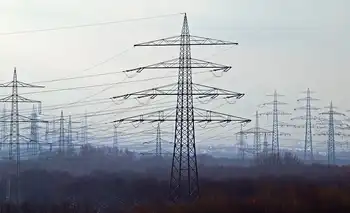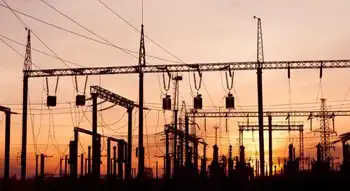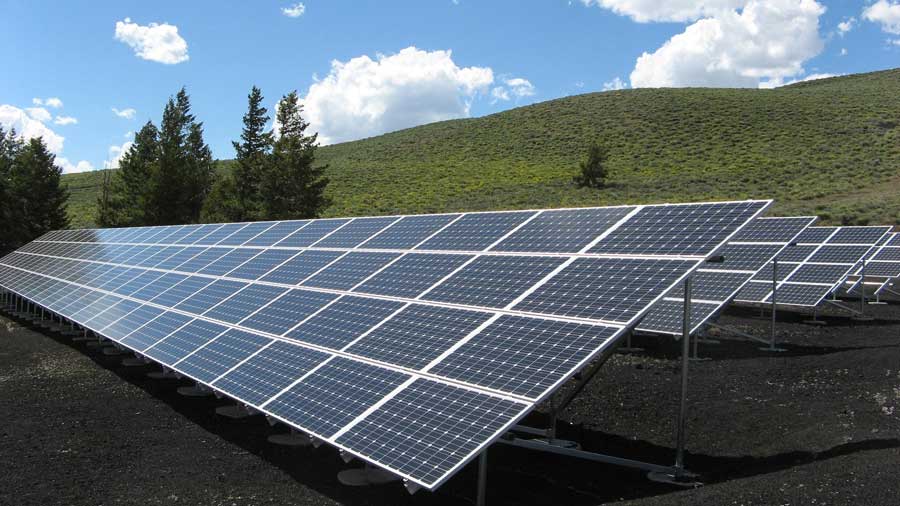Plug-in vehicles pose challenges for feds
By GovernmentExecutive.com
Substation Relay Protection Training
Our customized live online or in‑person group training can be delivered to your staff at your location.

- Live Online
- 12 hours Instructor-led
- Group Training Available
In a new report, GAO found that the likely high cost of those vehicles and insufficient infrastructure for recharging them are barriers to widespread adoption, at least initially. In addition, many of the laws governing federal energy use and vehicle acquisition hold contradictory goals that will make it difficult for agencies to comply.
Manufacturers plan to introduce several types of plug-in electric vehicles during the next six years, GAO found. The General Services Administration typically negotiates with auto manufacturers for discounted prices on vehicles — often more than 40 percent below the manufacturer's suggested retail price. But agency officials interviewed by GAO said it would be difficult to obtain discounts for early plug-ins since manufacturers are reluctant to offer price-reductions on new lines because they need to recover their startup costs in the retail market. That suggests agencies could pay more for a plug-in electric vehicle than ordinary consumers, according to the report.
Also, because its fleet-management arm operates on a revolving fund basis, meaning GSA must be able to cover its operating costs through lease rates, it would be difficult for the agency to absorb the additional cost of electric vehicles without receiving appropriated funds.
Bringing the cost of plug-in electric vehicles in line with small gas-powered vehicles or even gas-electric hybrid vehicles will depend on how quickly and widely they are adopted by consumers, something that will depend on many factors, including their cost relative to the cost of operating other vehicles, the availability of consumer credit, and the infrastructure necessary to support the vehicles. GAO cited one study that estimated 40 percent of consumers did not have access to an outlet near their vehicle at home. Creating a public charging infrastructure would require a new system for building those outlets and billing consumers for the power dispensed.
While a number of laws require agencies to reduce oil consumption and greenhouse gas emissions (the 2007 Energy Independence and Security Act, the 2005 Energy Policy Act, the 1992 Energy Policy Act, and Executive Order 13423 are among them), agencies also are under pressure to reduce electricity consumption under some of the same laws. If agencies start using plug-in electric vehicles in large numbers, their electricity consumption is likely to rise. Depending on where that electricity is produced — the bulk of electricity comes from coal-fired plants — the resulting greenhouse gases also could rise.
Measuring all these things — electricity consumption, oil consumption and greenhouse gas emissions — is a complex undertaking for which agencies lack clear guidance, GAO found.
GAO recommended the Energy Department, GSA, the Office of Management and Budget, the Environmental Protection Agency and organizations representing federal fleet customers propose legislative changes that would resolve conflicts and set priorities.











